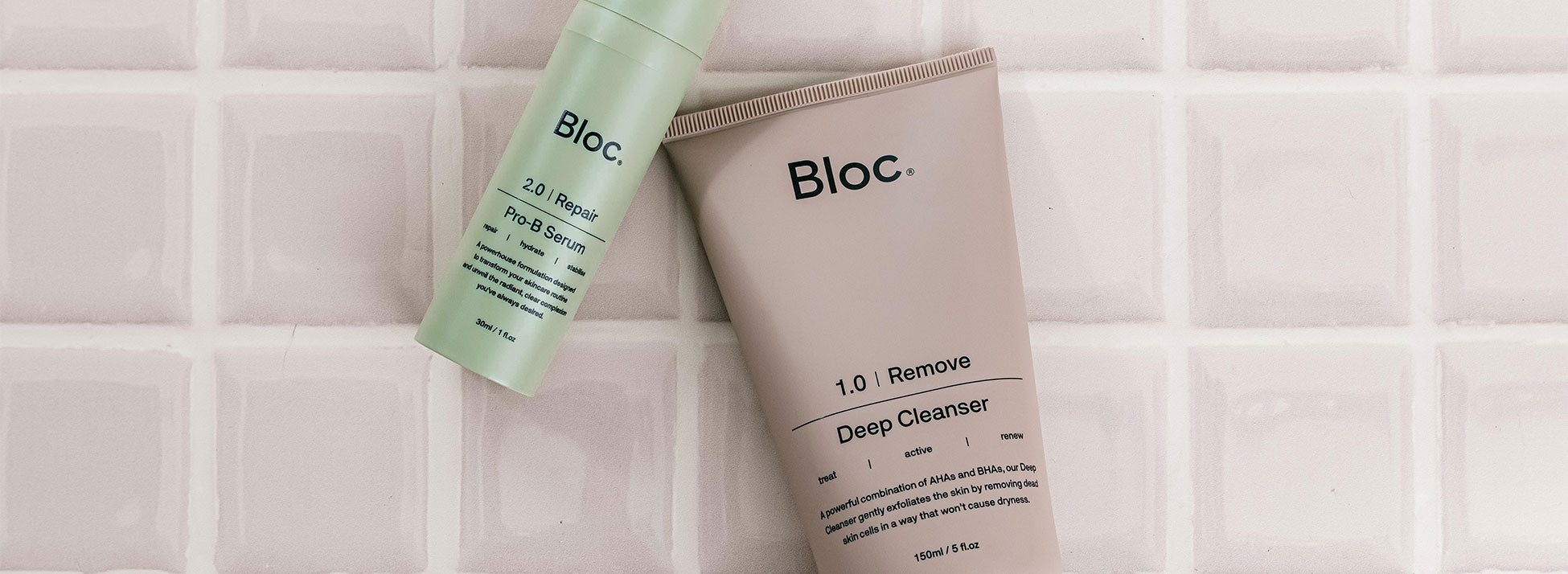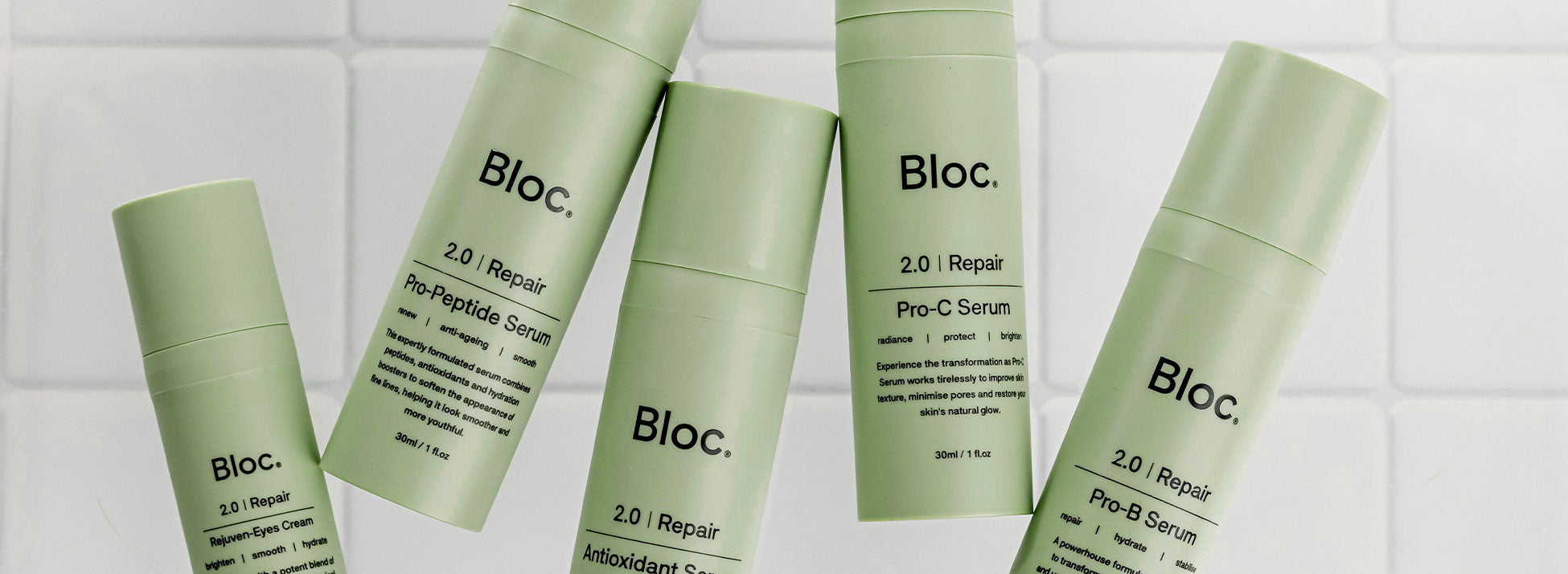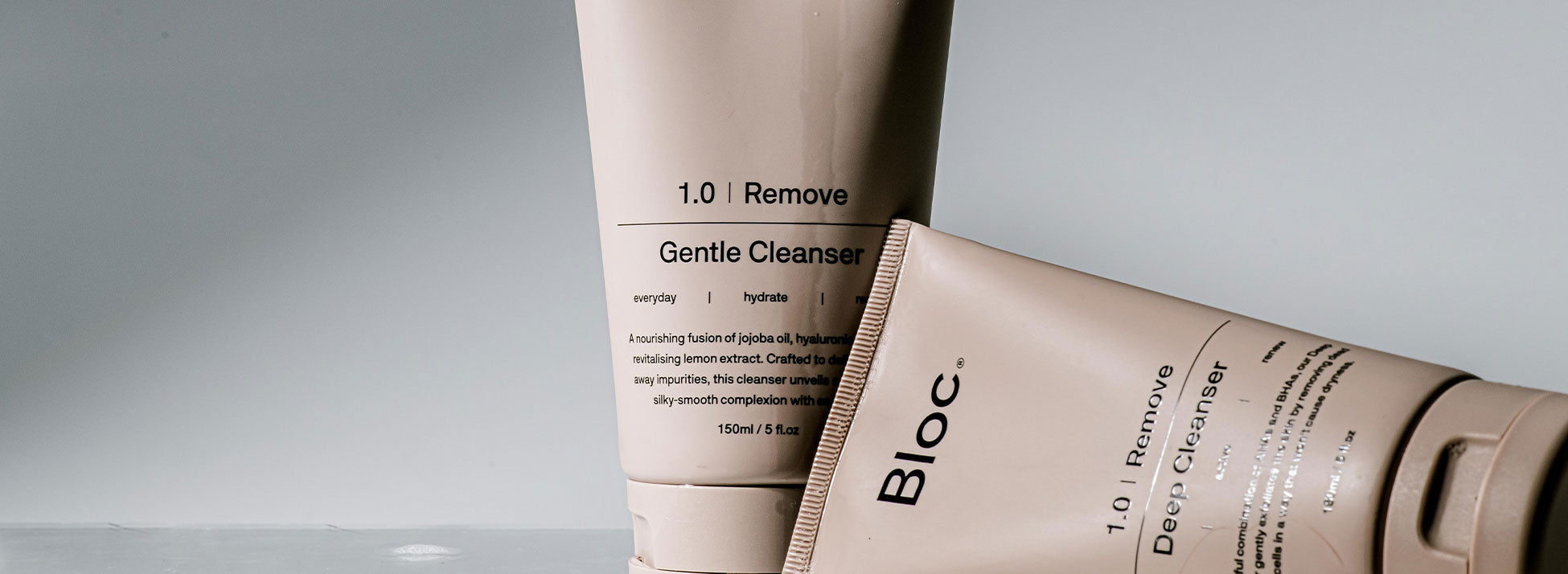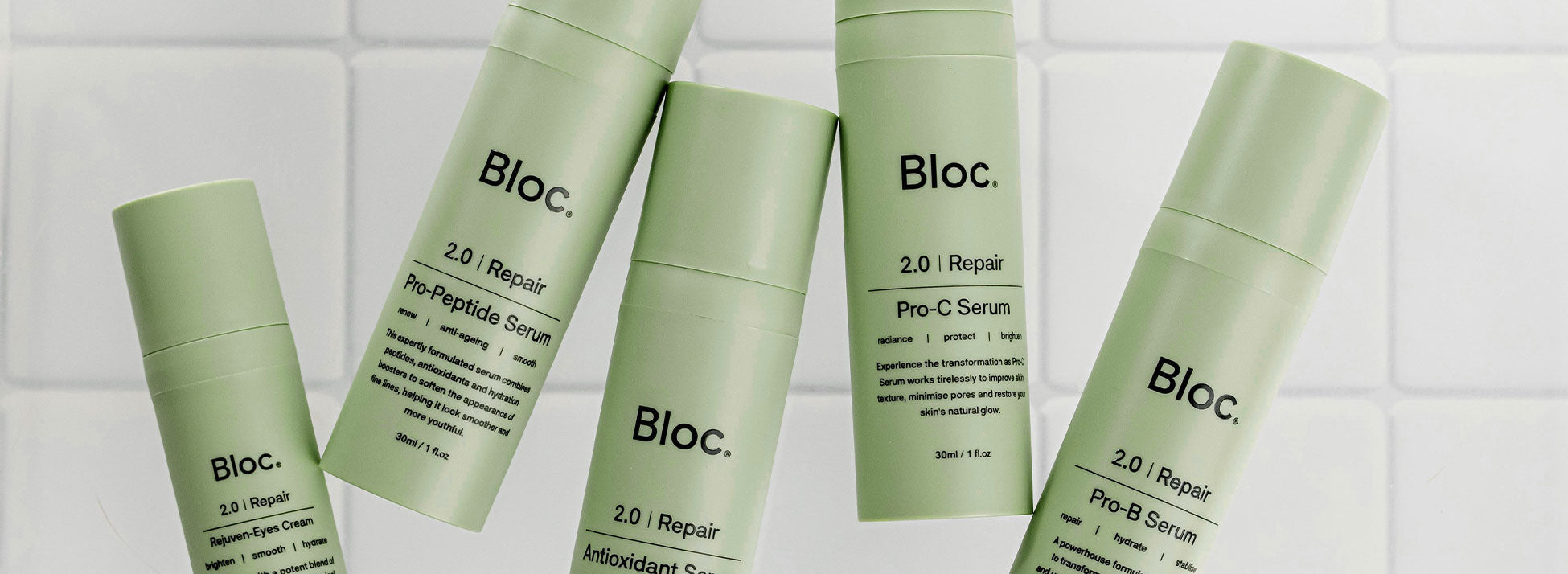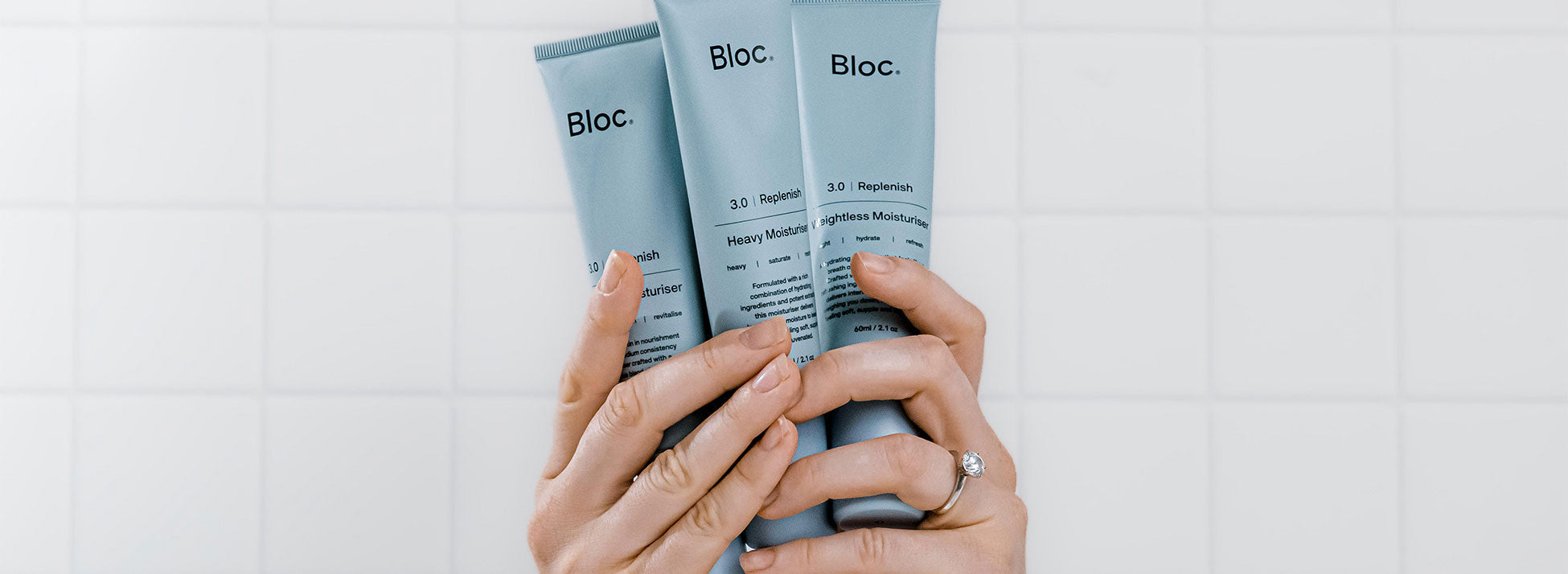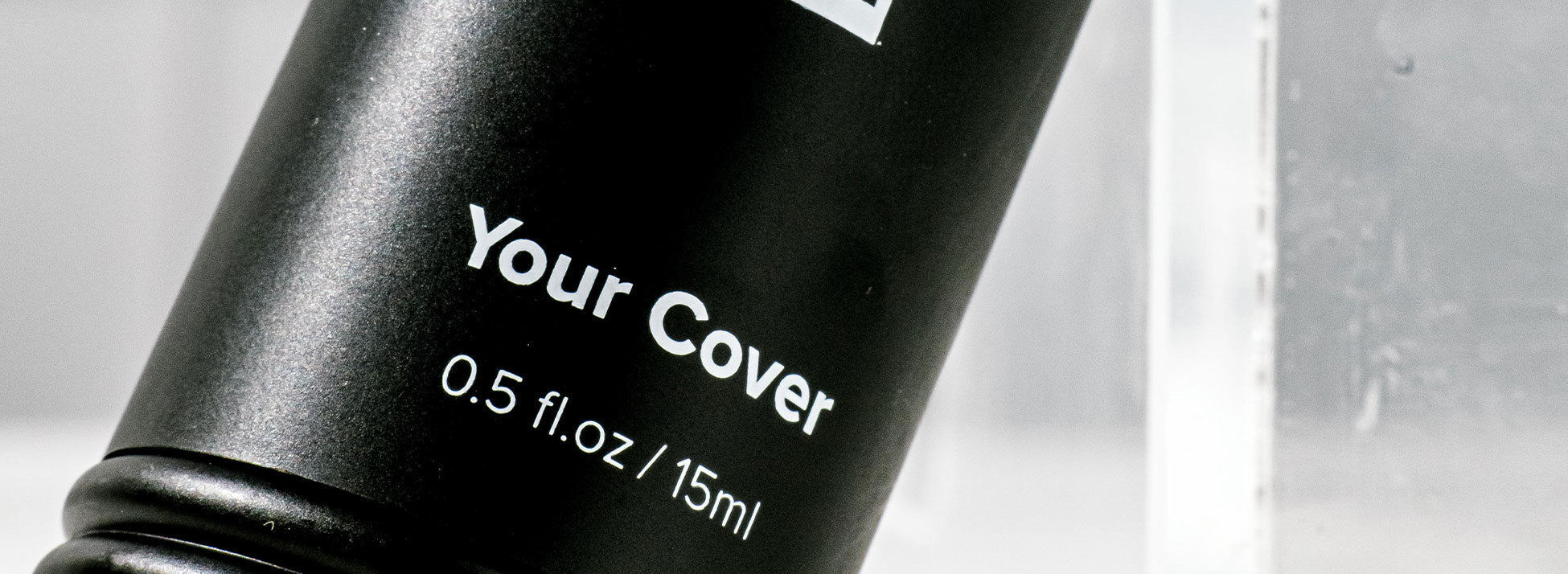What is Dehydrated Skin?
First things first, let's clarify what dehydrated skin is. Unlike dry skin, which is a skin type, dehydrated skin is a temporary condition that can affect anyone, regardless of their skin type. Dehydrated skin lacks water, not oil, which means even oily skin types can experience dehydration.
Signs of Dehydrated Skin
Identifying dehydrated skin can be tricky since it shares some symptoms with dry skin. Here are some common signs to look out for:
- Tightness and Discomfort: Your skin feels tight and uncomfortable, especially after cleansing.
- Dullness: A lack of moisture can make your skin look lacklustre and tired.
- Fine Lines: Dehydration can emphasise fine lines and wrinkles, making them more noticeable.
- Redness and Sensitivity: Your skin may become more sensitive and prone to redness.
- Rough Texture: Dehydrated skin often feels rough and may have flaky patches.
Causes of Dehydrated Skin
Understanding the causes of dehydrated skin can help you prevent and treat it effectively. Here are some common culprits:
- Weather: Cold, windy weather and low humidity levels can strip your skin of moisture.
- Indoor Heating: Central heating and air conditioning can dry out the air and your skin.
- Harsh Cleansers: Cleansers with strong surfactants can strip your skin's natural moisture barrier.
- Insufficient Water Intake: Not drinking enough water can contribute to overall dehydration.
- Lifestyle Factors: Factors like stress, lack of sleep, and a poor diet can also impact your skin's hydration levels.
Tips for Treating Dehydrated Skin
Now that we understand what dehydrated skin is and what causes it, let's dive into some dermatologist-approved tips to restore your skin's hydration.
1. Hydrate from the Inside Out
- Drink Plenty of Water: Aim for at least 8 glasses of water a day to keep your body and skin hydrated.
- Eat Water-Rich Foods: Incorporate foods like cucumbers, oranges, watermelon, and strawberries into your diet to boost your hydration levels.
2. Use a Gentle Cleanser
- Avoid Harsh Cleansers: Choose a gentle, hydrating cleanser that doesn't strip your skin of its natural oils. Look for ingredients like glycerin, hyaluronic acid, and ceramides.
3. Incorporate Hydrating Serums
- Add a Hydrating Serum: Serums with hyaluronic acid, aloe vera, or glycerin can help attract and retain moisture in your skin. Apply it to damp skin to enhance absorption.
4. Moisturise, Moisturise, Moisturise
- Use a Rich Moisturiser: Opt for a moisturiser that contains emollients and occlusives like shea butter, squalane, or jojoba oil to lock in hydration and strengthen your skin barrier.
5. Protect Your Skin Barrier
- Avoid Over-Exfoliating: Over-exfoliating can damage your skin barrier and lead to more dehydration. Stick to gentle exfoliation once or twice a week.
- Use Barrier Repair Creams: Look for creams with ceramides and fatty acids to help repair and strengthen your skin barrier.
6. Protect from Environmental Stressors
- Wear Sunscreen: UV exposure can worsen dehydration. Use a broad-spectrum sunscreen with at least SPF 50 daily.
- Use a Humidifier: Consider using a humidifier at home, especially during dry seasons, to add moisture to the air and your skin.
7. Be Mindful of Your Skincare Routine
- Layer Your Products: Apply hydrating products like serums and moisturisers immediately after cleansing to lock in moisture.
- Avoid Alcohol-Based Products: Steer clear of toners and products with high alcohol content, as they can further dehydrate your skin.
Dehydrated skin can be a nuisance, but with the right approach, you can restore your skin's hydration and achieve a healthy, glowing complexion. Remember to hydrate from the inside out, use gentle and hydrating skincare products, and protect your skin from environmental stressors. With these tips and a consistent routine, you'll be on your way to happy, hydrated skin in no time.

